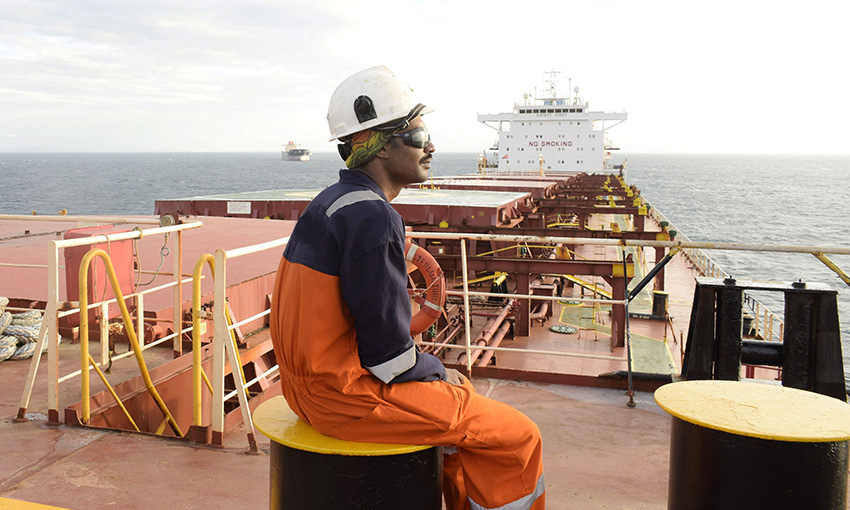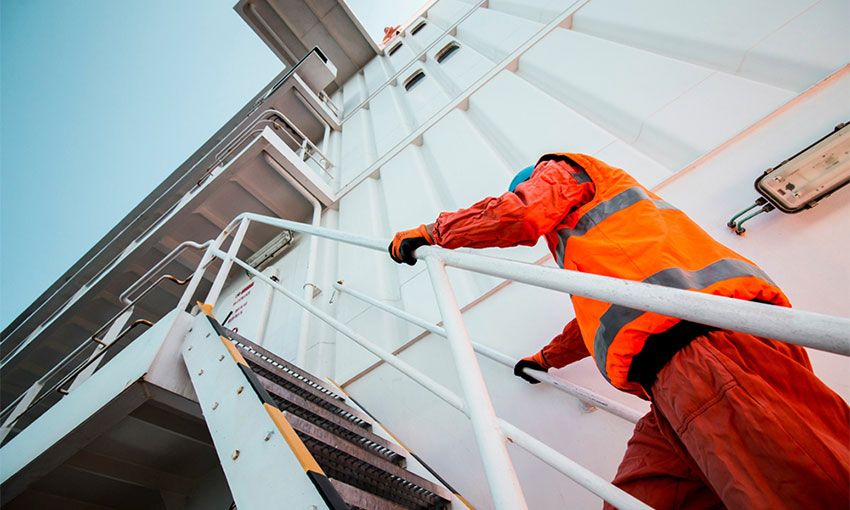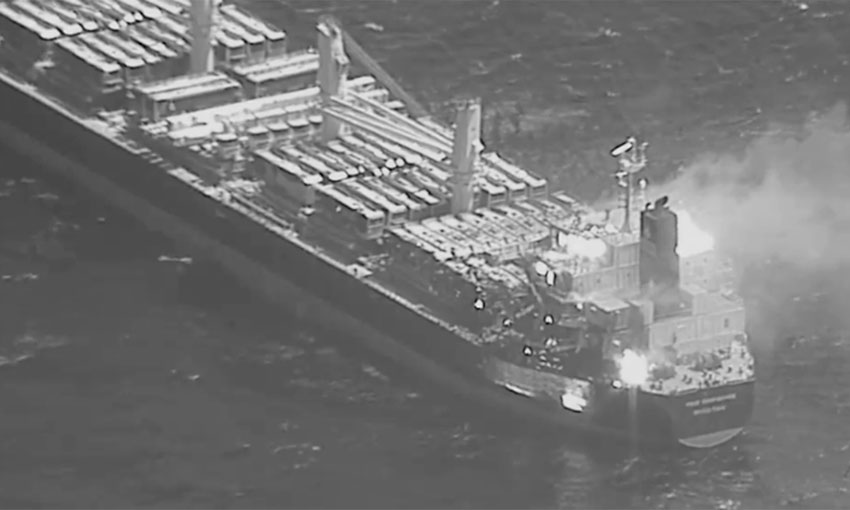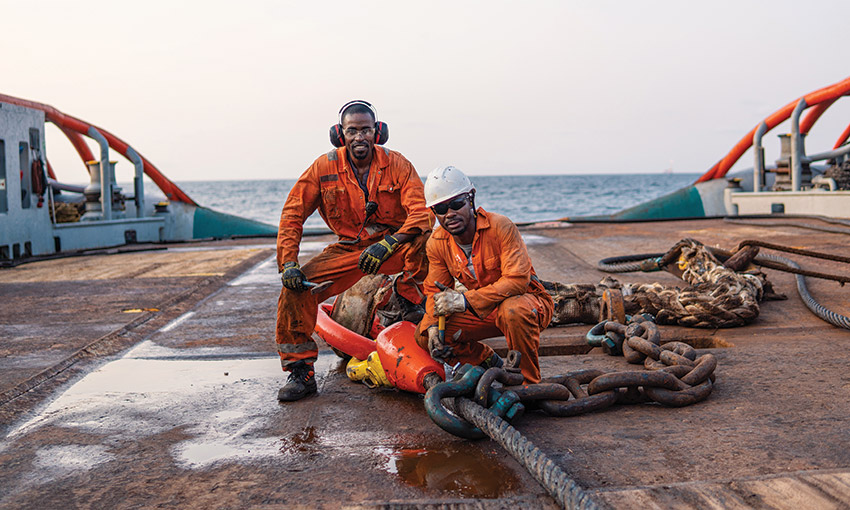SEAFARERS’ unions have expressed disappointment over an update to the Maritime Labour Convention 2006 following the recent announcement of eight amendments agreed on by industry.
The amendments draw on lessons learned during the crew change crisis to focus on improving seafarers’ living and working conditions. They were proposed by governments, shipowners and seafarers’ groups.
They relate to the provision of personal protective equipment, quality drinking water, medical care, repatriation following abandonment, social connectivity, compensation of monetary losses and mandatory reporting of fatalities at sea.
Internet connectivity
The International Transport Workers’ Federation has welcomed the commitment to mandatory internet access for crew members, but said seafarers’ groups are disappointed that shipowners and governments may seek to charge for it.
Vice chair of the International Transport Workers’ Federation seafarers’ section and Special Tripartite Committee vice-president Mark Dickinson said the lessons learned during the pandemic have driven the goal to improve the MLC.
“Working for long periods at sea can be isolating, and a lack of contact with the outside world can have profound implications for seafarers’ wellbeing — which we saw the worst effects of during COVID,” Mr Dickinson said.
“Being able to keep in touch with family and friends isn’t just a nice-to-have, it’s a basic human right. That’s why we fought so hard for seafarers to be given internet access and to have a mandatory provision in the MLC.”
According to ITF Seafarers, despite ships already having the technology to provide internet access, shipowners “dug their heels in” over the change.
Shipowners reportedly insisted they should be able to limit access and be able to charge seafarers for internet connectivity.
ITF Seafarers said the seafarers’ group lobbied to ensure any charges levied on seafarers remain an exception, and if any charges are imposed, they remain reasonable.
Governments were also encouraged to increase internet access in ports and associated anchorages without cost to seafarers.
Full repatriation rights
The seafarers’ group also proposed an amendment to fill a reported gap in the MLC’s terms of repatriation, namely the lack of provision for seafarers travelling home from their country’s entrance point at the end of a contract.
ITF Seafarers said this journey home is considerably longer than what shipowners currently cover and can often come at significant financial cost to the seafarer.
At the final point of the journey within the seafarer’s own country, the employer no longer covers travel, insurance and medical costs.
ITF Seafarers suggested the recent meeting failed to reach an agreement on changes to terms of repatriation as proposed by the seafarers’ group.
“Shipowners outright rejected the proposal despite attempts at providing a compromise,” Mr Dickinson said.
“As seafarers’ representatives, we’re disappointed. We’re buoyed by the support of some governments, but still, it is the first time in the history of the Special Tripartite Committee that one group has rejected an amendment outright.”
ITF general secretary Stephen Cotton said the refusal of shipowners to negotiate on the issue was “heartbreaking” following the impacts of crew change challenges throughout the pandemic.
“It’s a shame that after all the collaboration during the COVID period, when we worked together across the industry to defend seafarers’ rights, that shipowners have failed to engage in dialogue at all, especially over such an important issue for their workforce,” Mr Cotton said.
“I’m sure that shipping executives’ costs are covered door to door, why shouldn’t a seafarer deserve the same right, especially given the cost-of-living crisis that many are facing?”
Challenging the 11-month contract period
A group of governments, including Australia, also proposed an amendment to clarify and ensure clearer commitment to the maximum contractual work period of 11 months.
ITF Seafarers said shipowners and some governments insisted on flexibility in requiring seafarers 12 months of sea time to obtain qualifications. However, the seafarers’ group did not agree on the basis of concern for fatigue and safety.
“It is hard to believe that in 2022 we have to argue that 12-months service is too long,” Mr Cotton said.
“And this doesn’t even account for the fact that crewing levels have halved, and the reality that shore leave is now more restricted than ever.
“Shipowners say it is a freedom of choice for seafarers, but they have all the power, so it actually amounts to forced labour.”
Mr Dickinson said he was disappointed that shipowners appeared to have a focus on agreeing technical changes rather than resolutions to support the continuous improvement of seafarers’ conditions.
“They have lost sight of the original tripartite vision of the MLC to enhance the minimum standards for seafarers. Unless this changes path, it will have profound consequences on the future of the shipping industry.”





